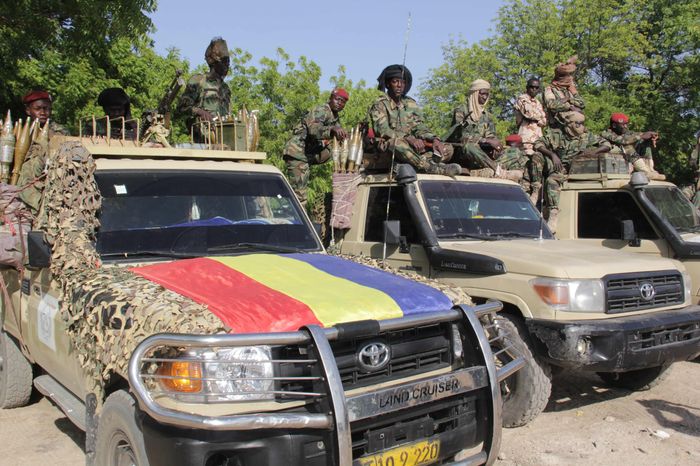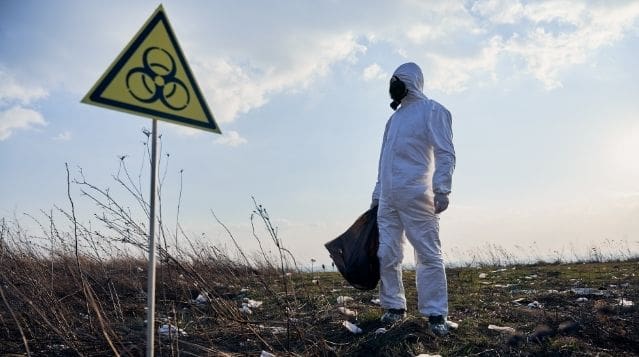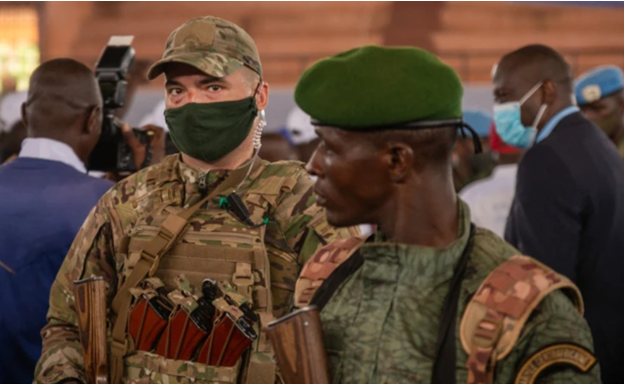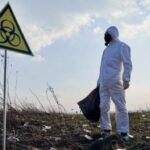Russia has located military biological laboratories on the territory of African continent. This activity proves that Moscow is working on creating new military viruses and protection means of its own forces. We managed to identify one of such laboratories in the north of the Central African Republic near the border with Chad. It is located close to the cotton factory, on the territory of the Bossangoa hospital (the province of Ouham), the place where the Wagner group units operate a base. According to our data, the hospital performs its activity in the interests of the St.Petersburg Pasteur Research Institute of Epidemiology and Microbiology, which, just like the Vector Scientific and Production Center, works within Rospotrebnadzor agency. Previously, ‘Vector’ center appeared in the context of studying of Russian military virologists’ work with the Ebola virus. The Bossangoa hospital has necessary equipment allowing researches of infectious diseases. There is also a high probability that staff of the 48th Central Research Institute of the Russian Ministry of Defense work in the laboratory on a non-permanent basis. The viral diseases that Russian military virologists deal with in Africa are not typical for Russia, probably, the purpose of this research is the weaponization of diseases spreading by viruses.

We estimate that it is highly likely that Russian biological laboratories operate in Chad that follows Moscow’s intention to strengthen its presence in the country.
Bangui accuses N’Djamena, the capital of Chad, of allowing armed groups to use its territory as a fallback base. In February 2022, N’Djamena accused the Chadian rebel leader of seeking support from the Wagner Group in the Central African Republic. Thus, the strengthening of Russia’s positions in Chad may be seen as an attempt to mediate in order to get some guarantees from the Touadera regime to stop helping and supporting the Chadian rebels.

More on this story: Chad heads towards Russia’s protectorate
We believe that eventually Russia will have more impact on the Itno Déby regime due to expansion and influence policy in the Central African Republic. The strong interest in the active renewal of biological weapons development increases the likelihood of locating such laboratories in the DRC, Sudan, Burkina Faso, and Niger.We can state for sure that the Kremlin’s campaign to accuse Washington of deploying biological laboratories is aimed at covering up Russian biological weapons research activities and deployment of military biologists in African countries with the aim to collect samples of promising viruses and infections for their further use as biological weapons. We are still convinced that researches in the field of hemorrhagic fevers, bacterial meningitis and malaria are Russian’ top priority direction.






